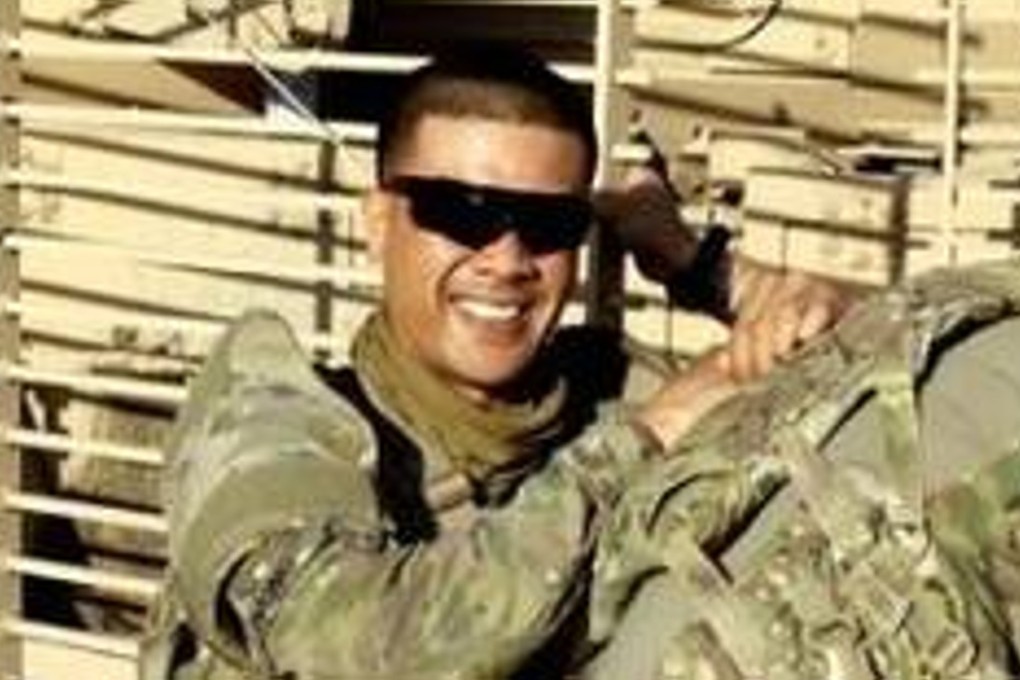Gunman Albert Wong who killed three women hostages at California veterans home was decorated US Army soldier treated for PTSD
Albert Wong had been a patient of Pathway Home, a programme at the Yountville complex for former service members suffering post-traumatic stress disorder after deployments in Iraq and Afghanistan

Authorities were trying to sort out the motive of a former US Army solider once deployed to Afghanistan who killed three people at a veterans home in Napa County, California, where he once stayed.
Authorities identified the victims as the home’s executive director, Christine Loeber, 48; therapist Jen Golick, 42; and Jennifer Gonzales, 29, a psychologist with the San Francisco Department of Veterans Affairs Healthcare System.
Golick’s father-in-law, Bob Golick, said that Wong had been expelled from the programme.
Officials said the victims of the shooting brought a “unique sense of purpose and humanity to their jobs”.
California state Senator Bill Dodd said that Wong had post-traumatic stress disorder from his service in the Middle East.